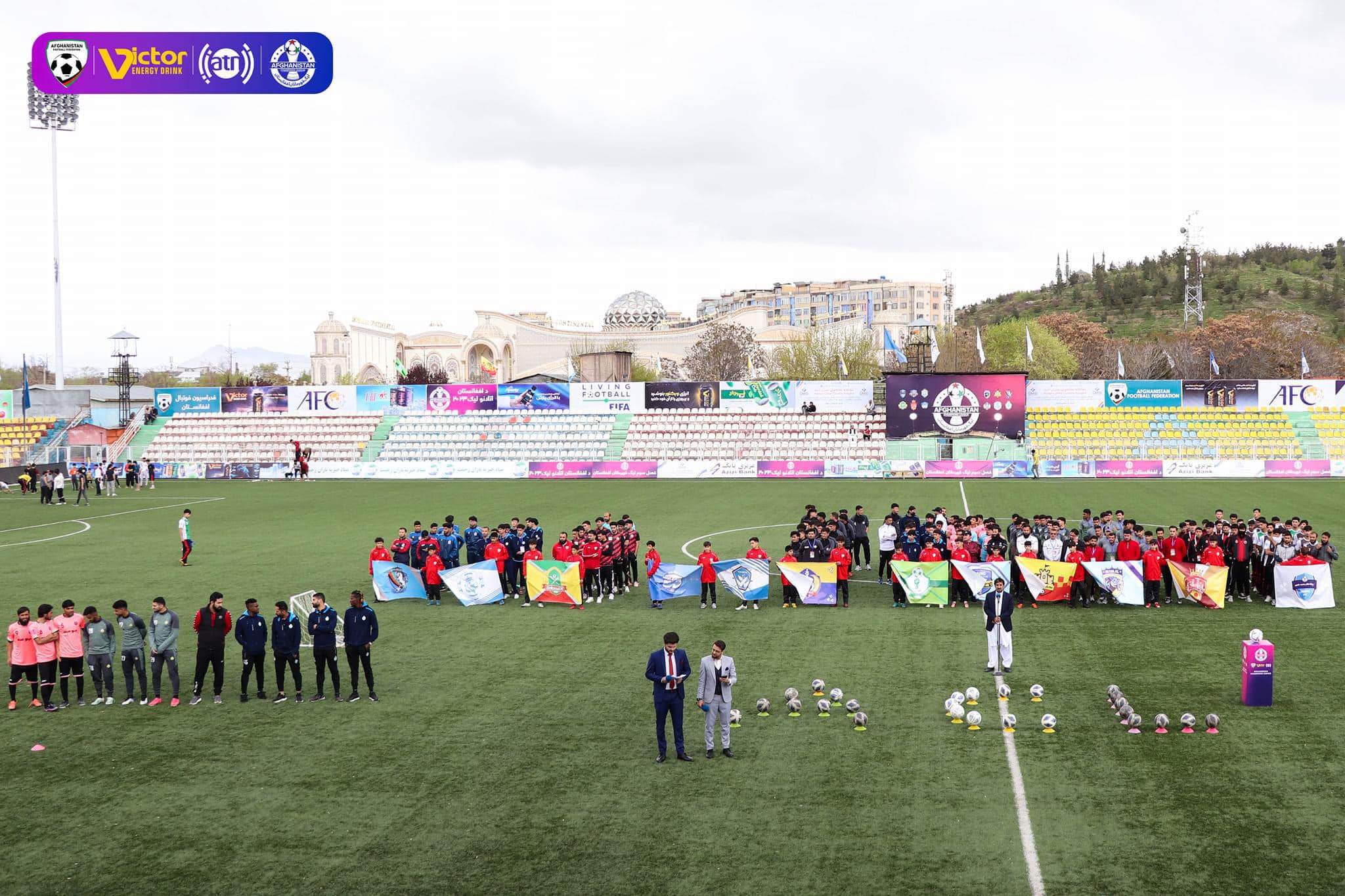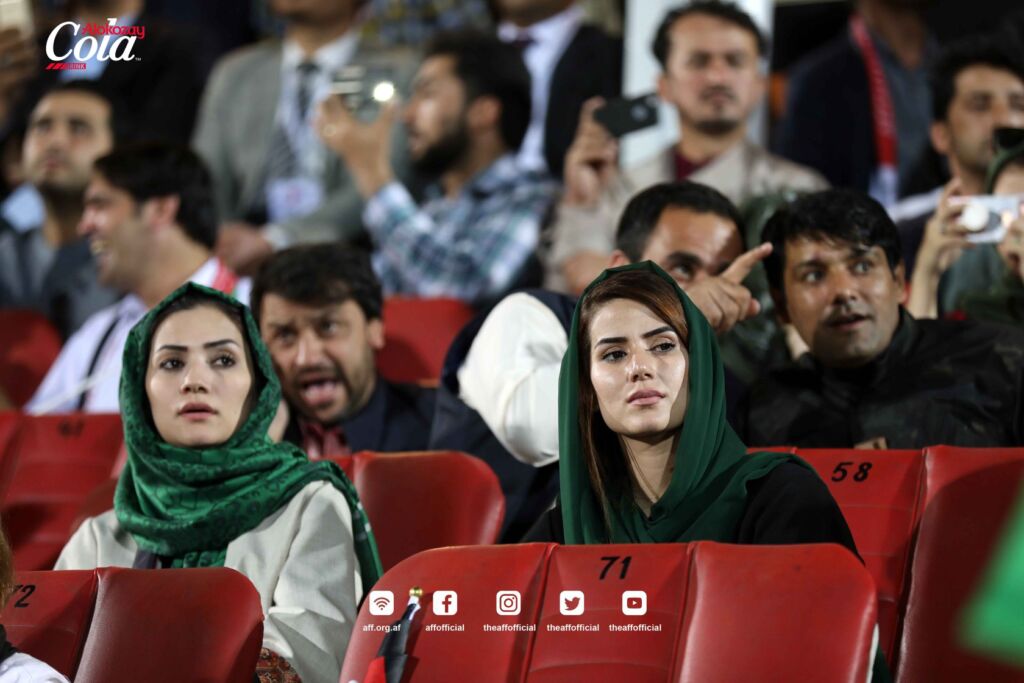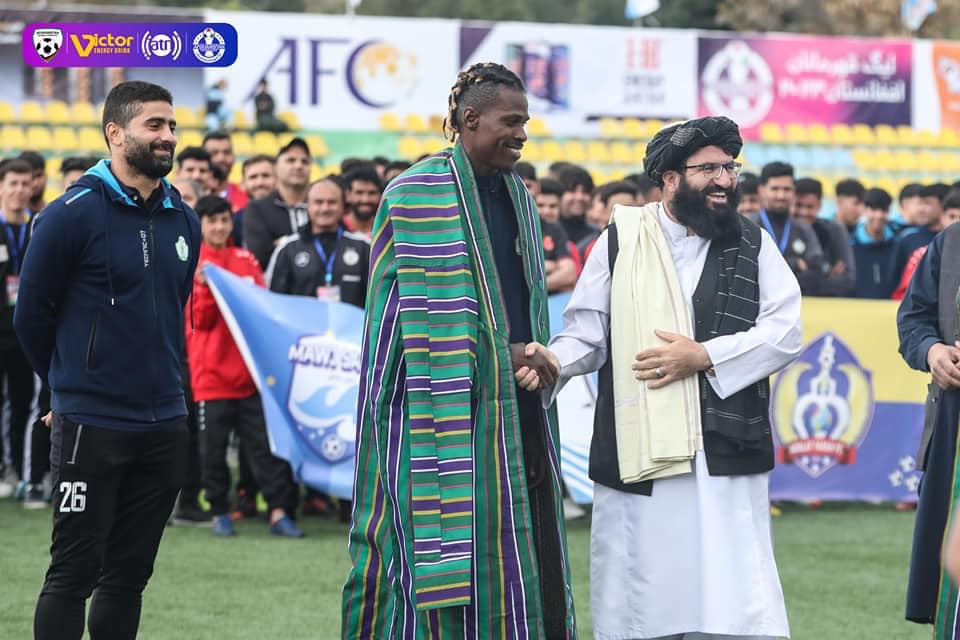
The third season of the Afghanistan Champions League kicked off in Kabul on April 21st, but the opening ceremony conspicuously lacked the usual enthusiastic crowds. Photos from Kabul Football Federation Stadium depict a stark reality: swaths of empty seats on a Saturday – a time usually bustling with football fans.
Since the Taliban’s return to power, football leagues in Afghanistan have felt the impact of significant changes. The vibrant match-day atmosphere – once filled with music and the presence of female spectators – has vanished. Kabul residents and football fans cite waning interest due to the restrictions that have drastically altered their cherished football experience.
“It’s not the same as during the Republican era,” a Kabul football fan told Yaraan. “The restrictions have completely taken the joy out of the game.”
Zarmine Khairi, a former athlete and fan, underscores the absence of women, who once formed a dedicated part of the audience. “Women can’t even go to school now, let alone attend sports events,” she states. While Kabul feels safer, she laments the suppressed hopes and enthusiasm among Afghan youth.

Ashraf Azimi, another Kabul football enthusiast, highlights the wider struggles faced by Afghans. “People are struggling to find bread; who can think about the excitement of a football match?”
Reports suggest ticket prices of up to 100 Afghanis were common before the Taliban takeover. Now, the Afghanistan Football Federation offers free entry to matches. This season welcomes foreign players from African countries, Iran, and Pakistan, enhancing the league’s diversity.
The Afghanistan Football Federation states that 12 teams will compete in 66 matches over 33 days. While these matches are open to the public, they unfold under the Taliban’s restrictive policies. Gone are the music, dance, and multifaceted entertainment that once marked Afghan football’s celebratory spirit.

Shifting Perspectives
Some Afghan sports fans acknowledge the downsides of the Taliban’s restrictions, particularly on women, while noting a perceived decrease in conflict within the country. Despite previous bans on sports, the Taliban’s current rule allows football leagues to operate.
Important Note: The Taliban-led Islamic Emirate of Afghanistan has imposed a ban on women’s participation in all sports, including football and cricket.
